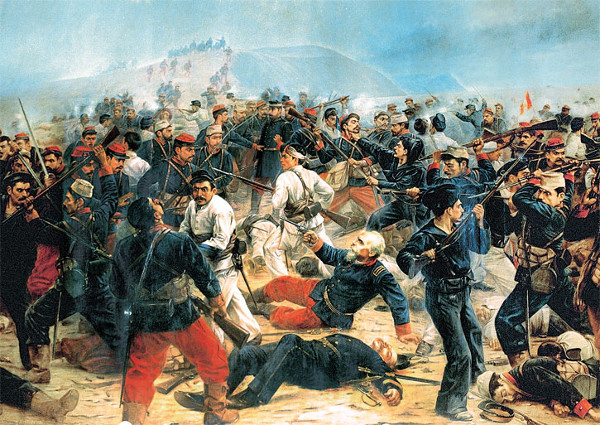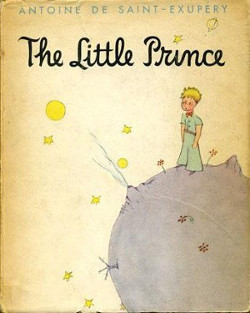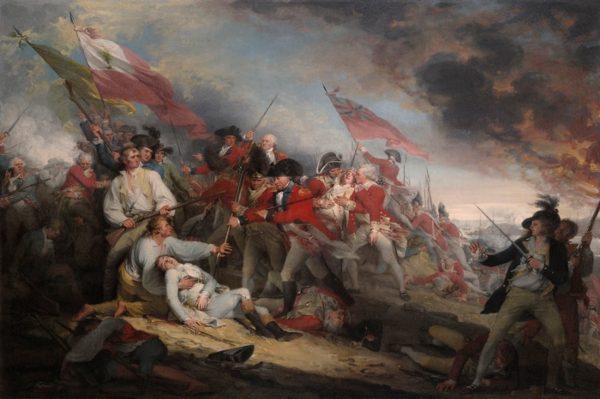
In 1916 English engineer Frederick Lanchester set out to find a mathematical model to describe conflicts between two armies. In ancient times, he reasoned, each soldier engaged with one enemy at a time, so the number of soldiers who survived a battle was simply the difference in size between the two armies. But the advent of modern combat, including long-range weapons such as firearms, changes things. Suppose two armies, A and B, are fighting. A and B represent the number of soldiers in each army, and a and b represent the number of enemy fighters that each soldier can kill per unit time. Now the equations
dA/dt = -bB
dB/dt = -aA,
show us the rate at which the size of each army is changing at a given instant. And these give us
bB2 – aA2 = C,
where C is a constant.
This is immediately revealing. It shows that the strength of an army depends more on its bare size than on the sophistication of its weapons. In order to meet an army twice your size you’d need weapons (or fighting skills) that are four times as effective.
Simple as they are, these ideas shed light on the historic choices of leaders such as Nelson, who sought to divide his enemies into small groups, and Lanchester himself illustrated his point by referring to the British and German navies then at war. Today his ideas (and their descendants) inform the rules behind tabletop and computer wargames.





